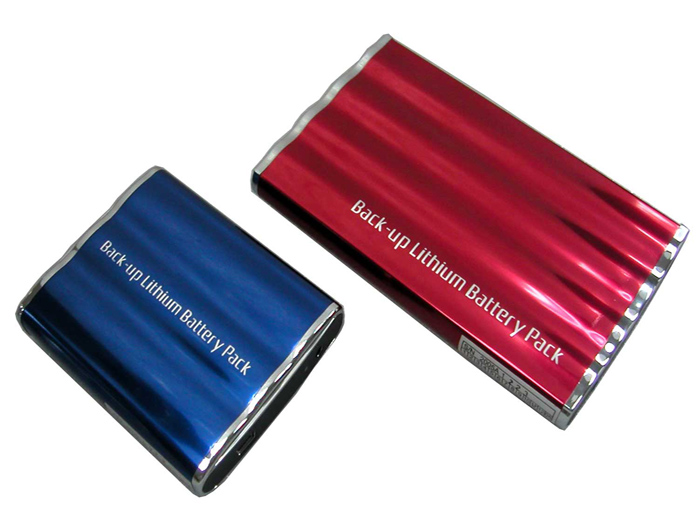Nissan and NEC to clean up electric-car arena
Powerful batteries will drive electric-car market forward

Two of Japan's largest companies are joining forces to help clean up a little of the pollution that Tokyo is famous for by improving the viability of electric cars.
Nissan , NEC and a subsidiary of NEC known as NEC Tokin have formed a joint venture to produce lithium-ion batteries that will power next-generation electric and hybrid cars. The batteries are significantly lighter and more powerful than the current nickel-metal hydride cells used in Japan's cars.
More power per car
The partners in the joint venture, Automotive Energy Supply Corporation, have been working on eliminating the stability and safety issues that have plagued lithium-ion technology since 1992. The resulting batteries, which will be mass-produced from 2009, are half the size of rival cells, yet produce twice the power.
Nissan, clearly aware of predictions that the market for rechargeable car batteries will be worth around ¥300 billion (£1.3 billion) by 2015, has high hopes for catching the domestic leaders in its field, Toyota and Honda.
From a personal point of view, having tested an electric-car sharing scheme near Tokyo a few years back, I can vouch for the appeal of cleaner driving. If the example set by CEV Sharing in Yokohama is anything to go by then there's no doubt that millions of Japanese drivers will be rushing for their part of the feel-good factor that fume-free motoring imparts.
Get daily insight, inspiration and deals in your inbox
Sign up for breaking news, reviews, opinion, top tech deals, and more.
J Mark Lytle was an International Editor for TechRadar, based out of Tokyo, who now works as a Script Editor, Consultant at NHK, the Japan Broadcasting Corporation. Writer, multi-platform journalist, all-round editorial and PR consultant with many years' experience as a professional writer, their bylines include CNN, Snap Media and IDG.